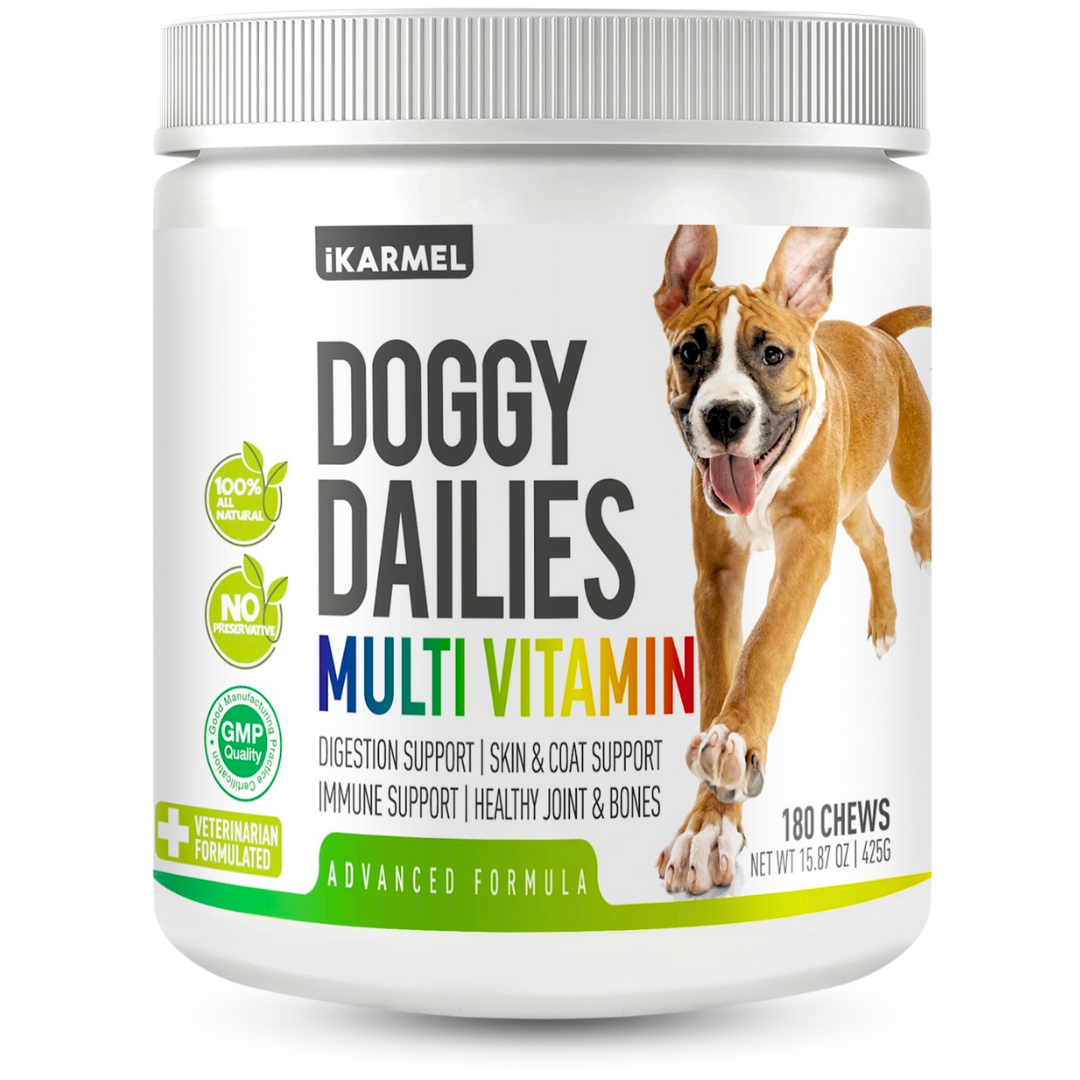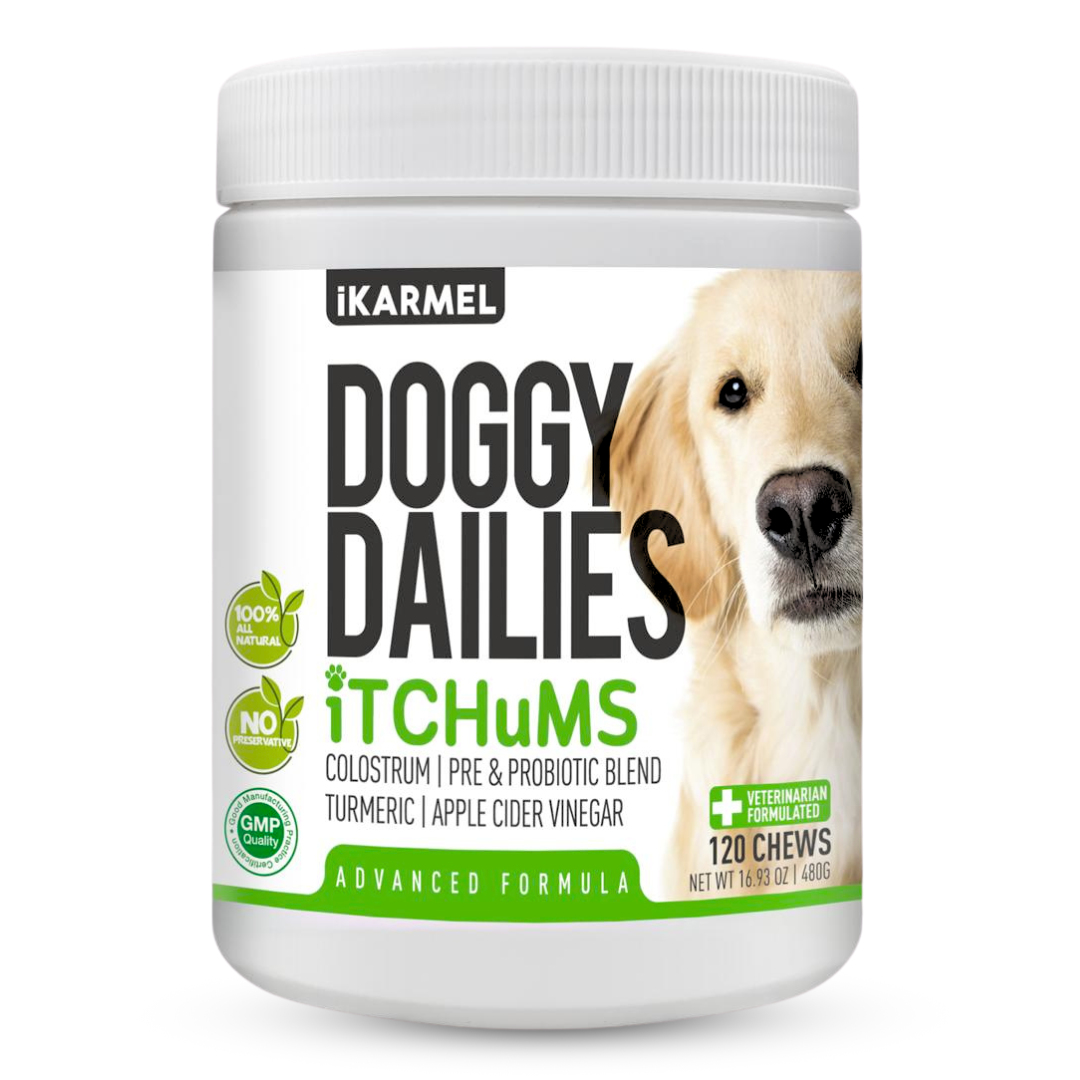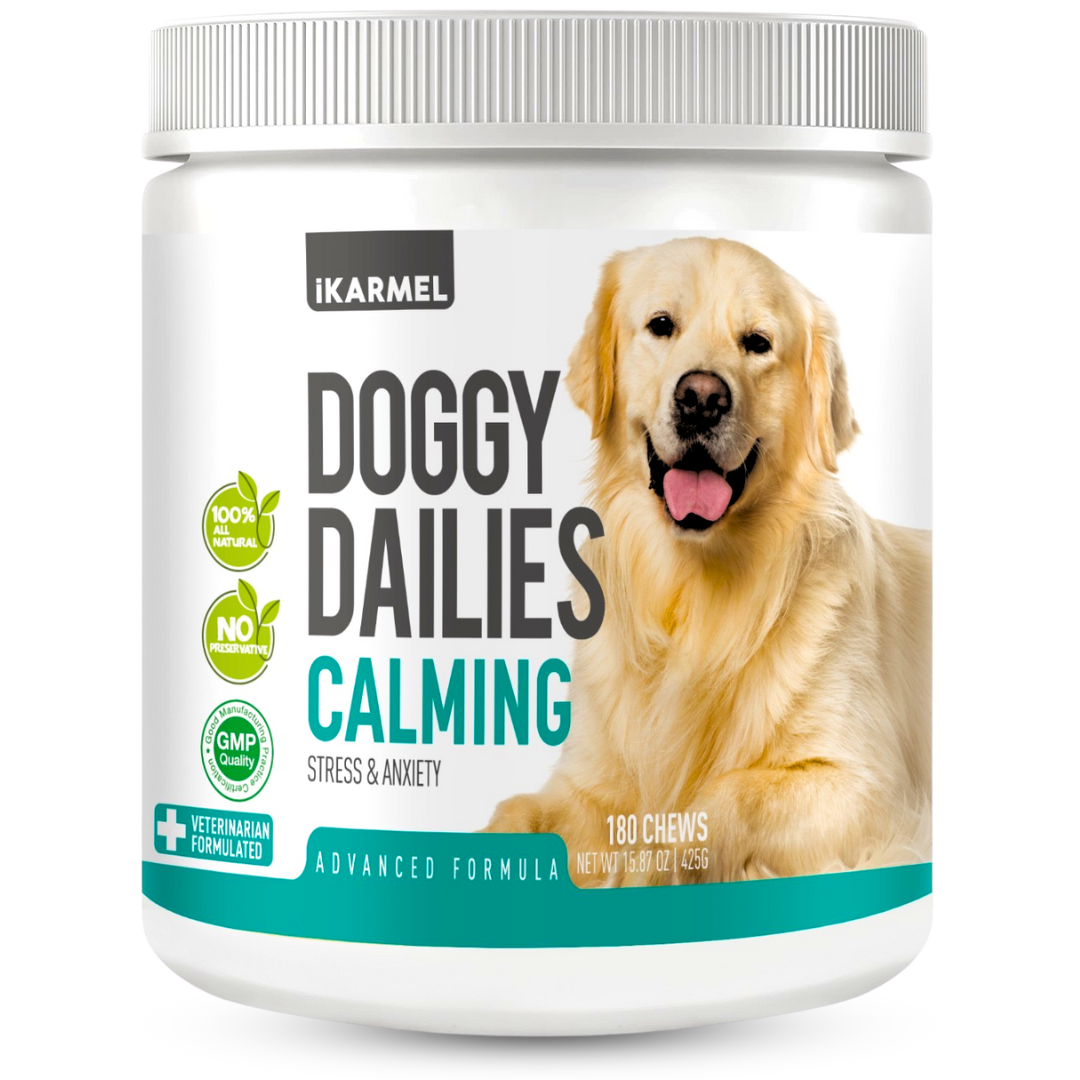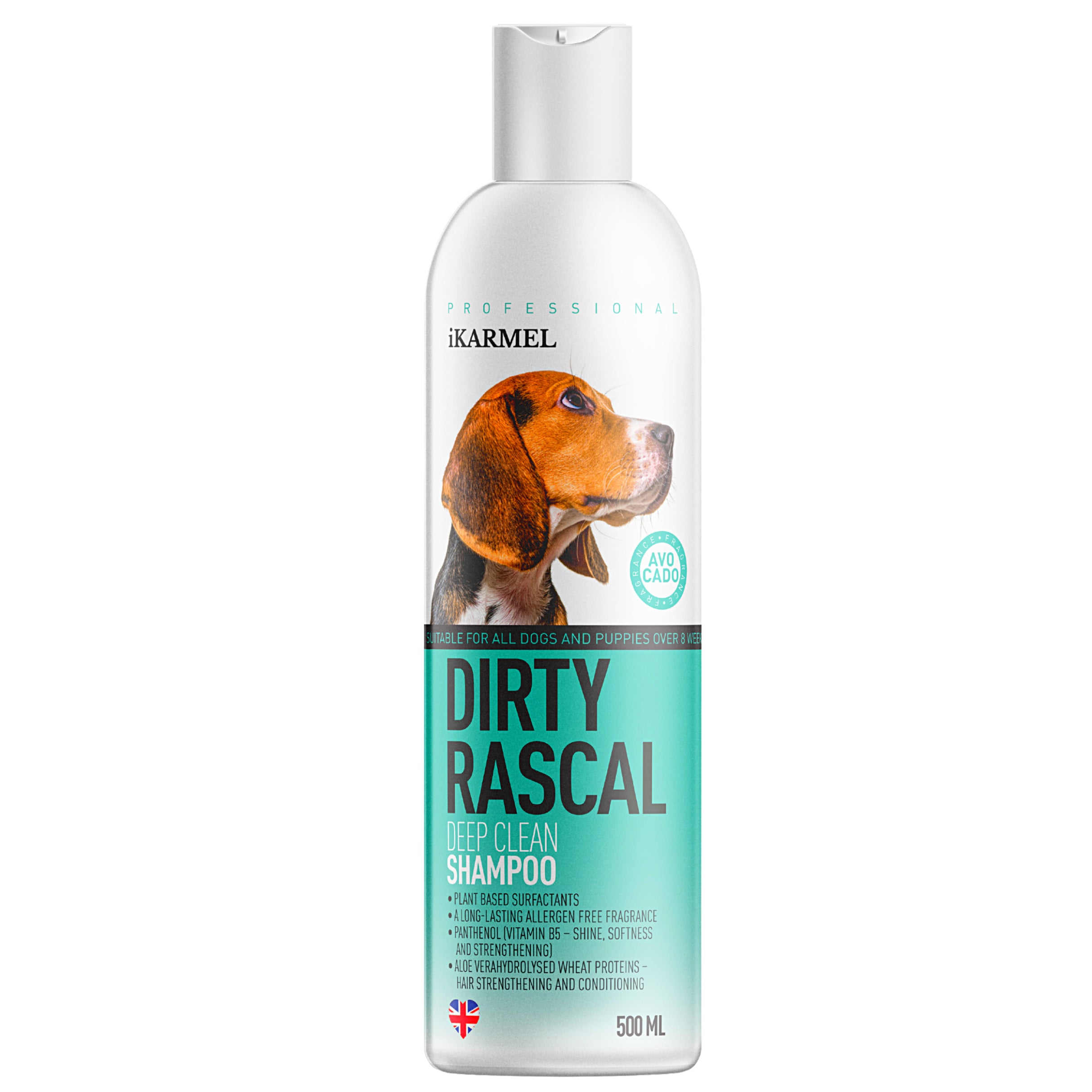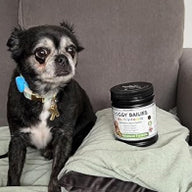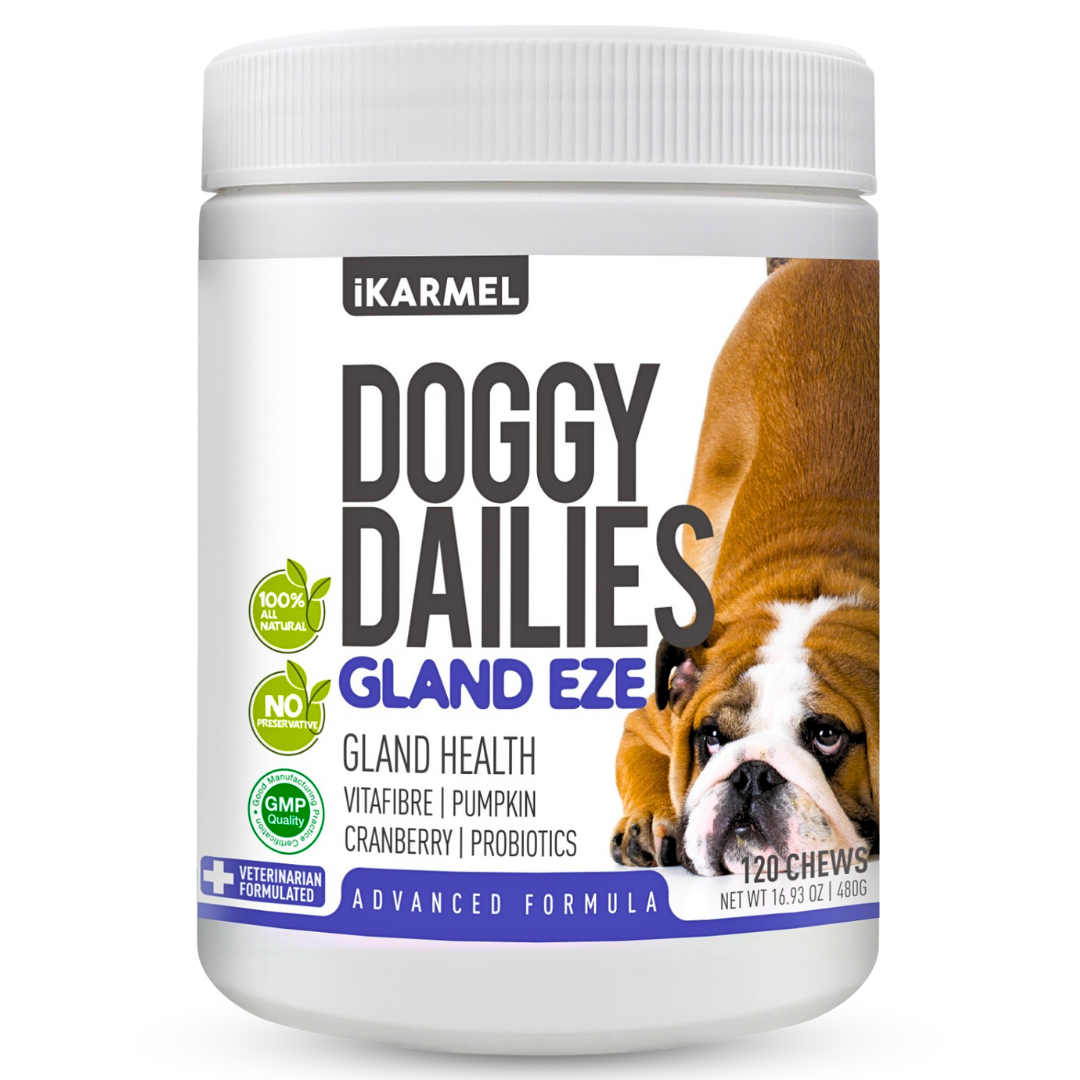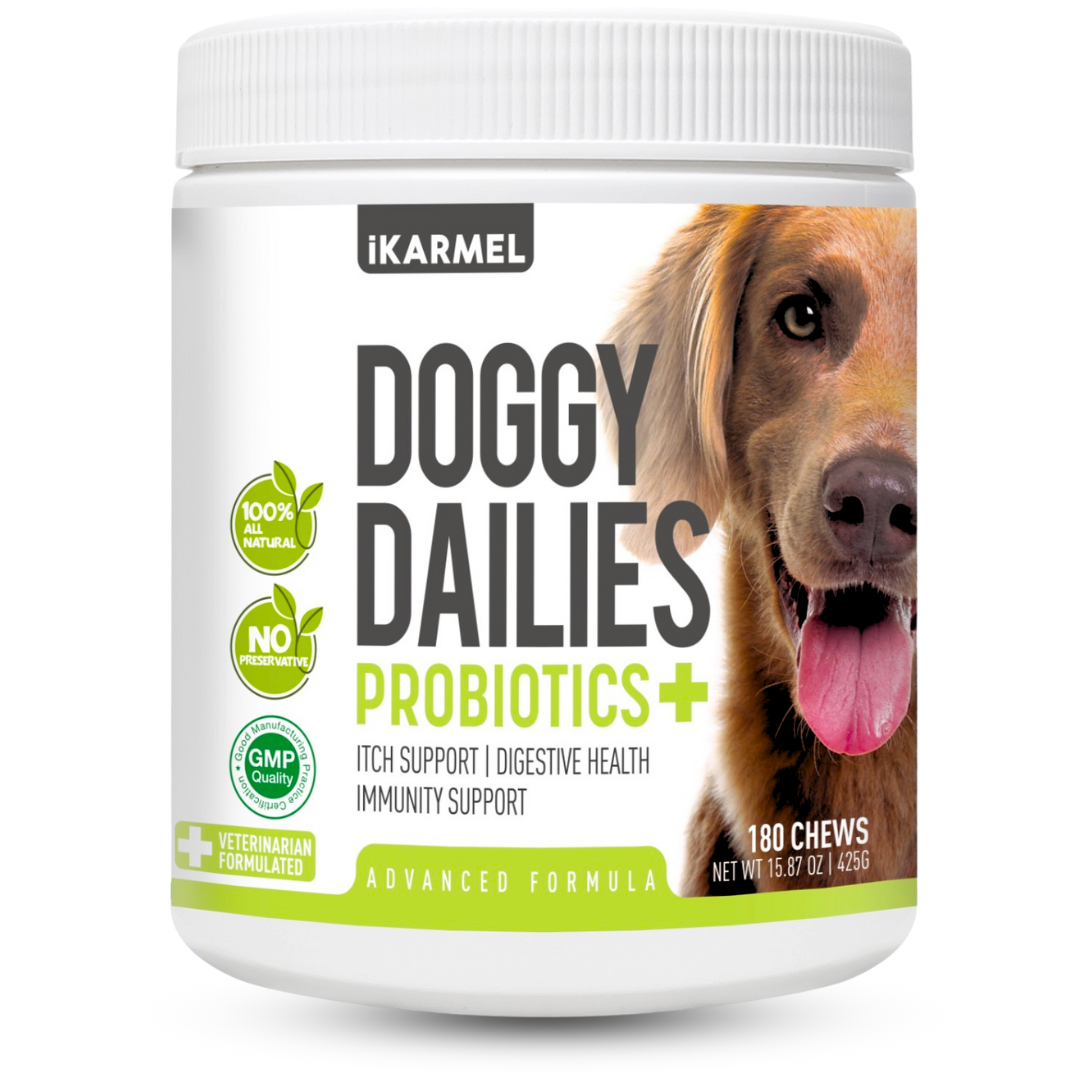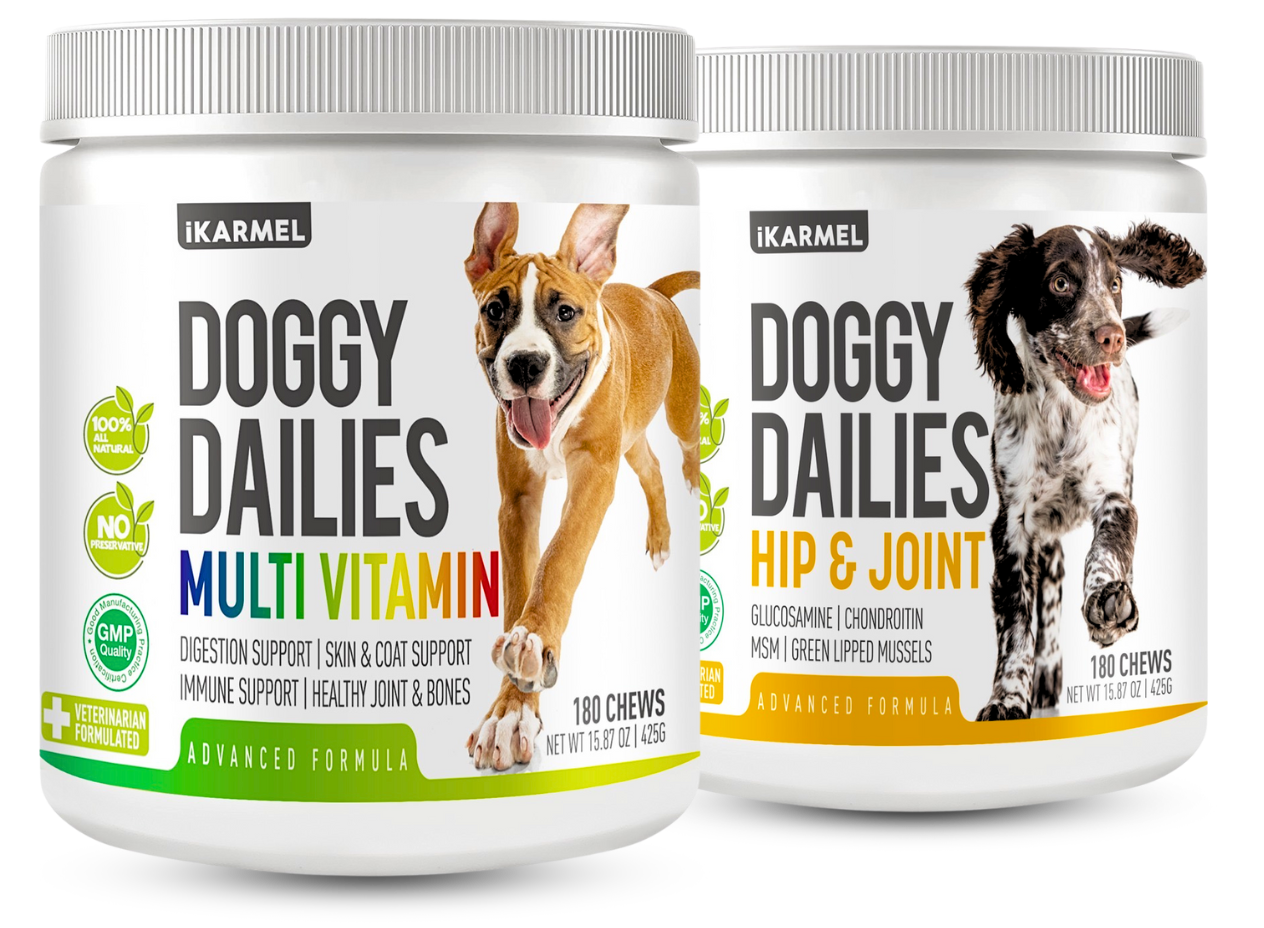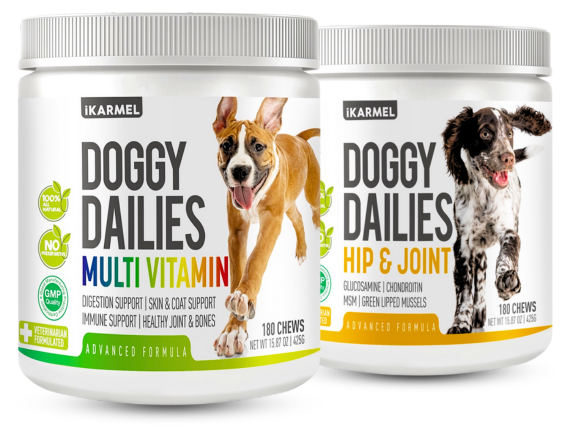
Turmeric for Dogs: A Guide to Its Benefits and Uses
Could turmeric be the golden solution for your dog’s health? Known for its powerful anti-inflammatory and antioxidant properties, this natural spice has long been a staple in human wellness routines—but did you know it can benefit your furry friend too? From soothing joint pain to improving digestion, turmeric is increasingly gaining popularity in canine care.
This blog explores why turmeric is good for dogs, how it supports senior dogs, and tips for safe usage. Whether your pup is dealing with arthritis, sensitive digestion, or simply needs a health boost, we’ll show you how turmeric can help.
What You’ll Learn:
- What Does Turmeric Do for Dogs?
- Turmeric for Dogs with Arthritis and Joint Issues
- How to Use Turmeric for Dogs
- Homemade Turmeric Recipe for Dogs
- Is Turmeric Safe for Dogs?
- When Should I Give Turmeric to My Dog?
- Turmeric and Dog-Specific Needs
- FAQ about Turmeric for Dogs
What Does Turmeric Do for Dogs?
The Secret is Curcumin
Turmeric owes its health benefits to curcumin, a compound with powerful anti-inflammatory and antioxidant properties. This makes it a natural way to address common canine health issues while minimising side effects.
Key Benefits of Turmeric for Dogs:
- Anti-inflammatory Properties
Helps reduce pain and swelling in conditions like arthritis, making it ideal for ageing dogs or those with joint issues.
- Supports Joint Health
Promotes mobility and flexibility, keeping your pup active longer.
- Antioxidant Boost
Protects against cell damage, contributing to overall well-being.
- Digestive Aid
Helps soothe sensitive stomachs and improve gut health in dogs.
- Natural and Safe
Offers a safer alternative to some medications when used correctly.
Turmeric for Dogs with Arthritis and Joint Issues
Arthritis is one of the most common conditions in senior dogs, but turmeric can help. Thanks to its natural anti-inflammatory properties, it reduces joint swelling while improving overall comfort and mobility.
How Turmeric Helps with Arthritis:
- Curcumin blocks inflammatory enzymes, reducing pain.
- Paired with black pepper (piper nigrum), it enhances bioavailability, ensuring your dog absorbs it effectively.
- Can work alongside other joint supplements like glucosamine and green-lipped mussel for even better results.
Can Turmeric Replace Painkillers for Dogs?
While turmeric is not a complete substitute for medication, it can reduce your reliance on painkillers, particularly non-steroidal anti-inflammatory drugs (NSAIDs). Always consult your vet before making changes to your dog’s treatment plan.
How to Use Turmeric for Dogs
Forms of Turmeric:
- Turmeric Powder for Dogs
Available at most supermarkets, this is the easiest way to supplement turmeric.
- Turmeric Golden Paste for Dogs
Simple to make at home, golden paste combines turmeric with coconut oil and black pepper to boost absorption.
Pre-measured doses in chewable or capsule form for convenience.

Homemade Turmeric Recipe for Dogs
Golden Paste Recipe:
- 1/4 cup turmeric powder
- 1/2 cup water
- 1.5 tbsp coconut oil
- 1/2 tsp ground black pepper
- Mix turmeric powder and water in a saucepan, stirring over low heat until it forms a paste.
- Remove from heat and add coconut oil and black pepper.
- Store in an airtight container in the fridge for up to two weeks.
Add a small amount to your dog’s food daily (see dosage below).
Is Turmeric Safe for Dogs?
Potential Side Effects:
- Upset stomach if given in large amounts
- Interaction with blood-thinning medications
- Constipation or yellow stools (due to excess turmeric)
Tip: Always consult your vet before introducing turmeric, especially if your dog has pre-existing conditions.
When Should I Give Turmeric to My Dog?
For best results, add turmeric to your dog’s meals. Pair it with healthy fats like coconut oil to boost absorption and always include black pepper for maximum effectiveness.
Turmeric and Dog-Specific Needs
For Senior Dogs:
Turmeric promotes mobility and improves quality of life for older dogs dealing with arthritis or hip dysplasia.
For Dogs with Allergies:
Its anti-inflammatory properties can help reduce symptoms such as itchy skin or hot spots.
For Overweight Dogs:
Turmeric supports weight management by reducing inflammation associated with obesity.
FAQ about Turmeric for Dogs
1. Can dogs eat turmeric as a spice?
Yes, turmeric is safe in moderation and can be sprinkled on their food.
2. Does turmeric help dogs with itchy skin?
Yes, turmeric's anti-inflammatory properties are effective against skin irritation caused by allergies or inflammation.
3. Is turmeric better than glucosamine for dogs?
Both have unique benefits. While glucosamine supports cartilage repair, turmeric reduces inflammation. Using them together is often the best approach.
4. Can I give my dog turmeric and fish oil together?
Yes, combining turmeric with omega-3-rich fish oil can enhance its anti-inflammatory effects.
5. How do turmeric and green-lipped mussel work for joint health?
Both are natural anti-inflammatories, and when used together, they provide comprehensive joint support.
Shop iKarmel and Unlock the Benefits of Turmeric for Dogs
Turmeric is a powerful, natural remedy that offers a variety of benefits for dogs. From easing joint pain to improving digestion, it’s a worthy addition to your dog’s wellness routine. Whether you have a senior pup with arthritis or a younger dog in need of a health boost, turmeric can make a difference.
Start incorporating turmeric today! Try our curated dog joint supplements with turmeric, specially designed for optimal mobility and flexibility. Your furry friend will thank you!
Explore our full range of supplements here to keep your dog happy and healthy.
